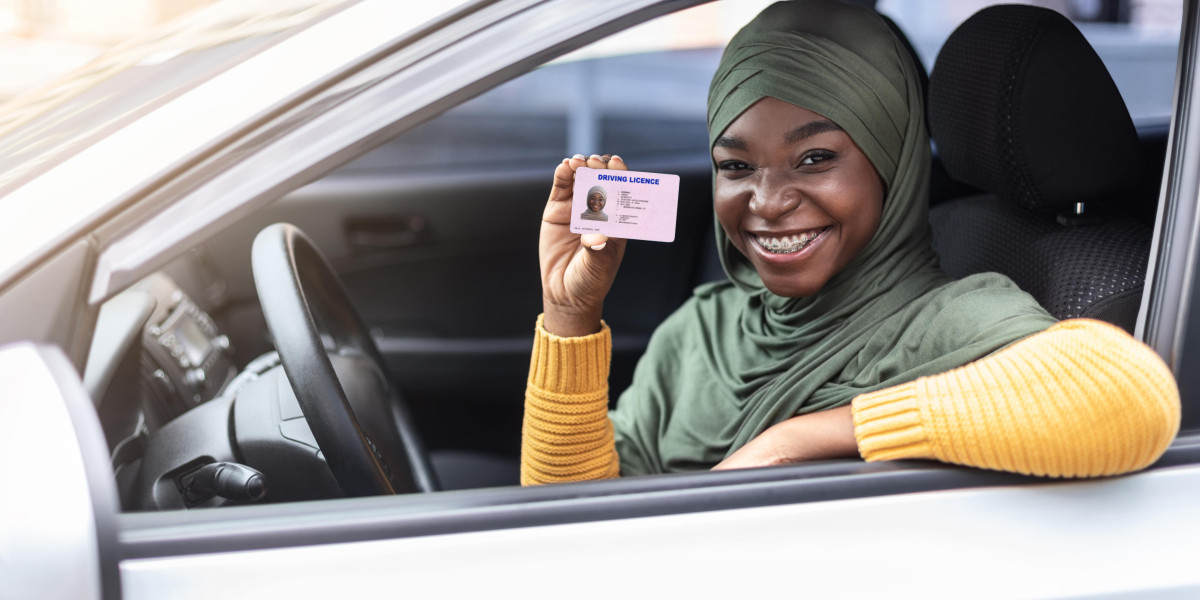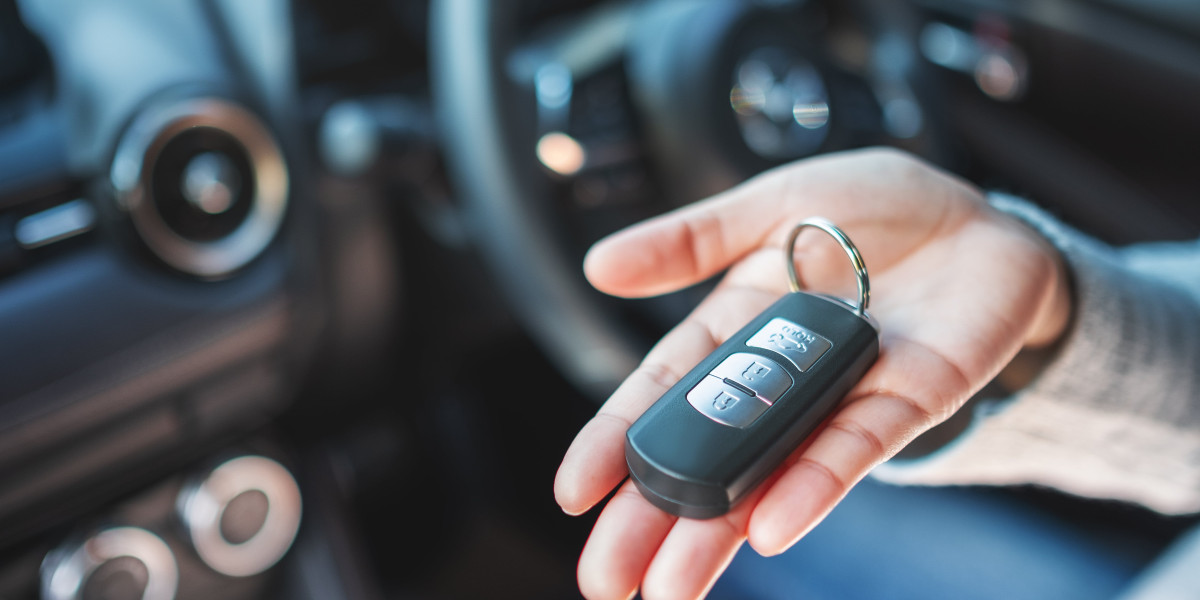Understanding the UK Driver's Licence: A Comprehensive Guide
Obtaining a driver's licence in the United Kingdom is a significant turning point for lots of individuals. It not only represents independence but also supplies higher liberty in personal and professional aspects of life. This short article aims to supply an in-depth overview of the UK driver's licence, including how to apply, different kinds of licences, and various policies associated with driving in the UK.
Introduction of the UK Driver's Licence
In the UK, a driver's licence is a main document that allows an individual to run motor automobiles on public roadways. The driving licence system in the UK is structured and controlled by the Driver and Vehicle Licensing Agency (DVLA).
Kinds Of UK Driver's Licences
The UK uses numerous types of driving licences, each tailored for different categories of automobiles. These consist of:
Provisional Licence:
- Age Requirement: Minimum of 17 years
- Enables students to drive under particular conditions.
- Can not drive without a qualified driver accompanying them.
Complete Licence:
- Issued once an individual has actually passed both the theory and practical driving tests.
- Various classifications offered based on lorry types:
- Category B: Cars
- Category A: Motorcycles
- Classification C: Large products vehicles
- Classification D: Buses
International Driving Permit (IDP):

- Required for driving in some foreign countries.
- Released to UK licence holders at Post Office branches.
Temporary Licences:
- For individuals who may have lost their licence or are waiting for updates on their existing licence.
The Application Process for a UK Driver's Licence
Making an application for a driver's licence in the UK includes numerous actions, whether for a provisional or complete licence. Here are the necessary actions in detail:
Step 1: Obtain a Provisional Licence
- Eligibility: Individuals need to be at least 17 years old to apply.
- Application: Applications can be made online via the DVLA site or through paper forms readily available at post workplaces.
- Files Required:
- Proof of identity (passport or another main ID).
- National Insurance number (if available).
- A postal address in Great Britain.
Action 2: Study for the Theory Test
- Content: The theory test consists of multiple-choice concerns and a risk understanding test.
- Preparation: Various resources are available, consisting of online courses, apps, and books that help in preparation.
Action 3: Pass the Theory Test
- The theory test need to be cleared before attempting the practical driving test.
Step 4: Practical Driving Test
- Knowing and Instruction: An individual can take driving lessons with a qualified trainer or discover with an approved accompanying driver.
- Booking the Test: Once confident in driving capabilities, candidates can schedule their practical test online.
- Test Components: The useful test evaluates driving skills, maneuvers, and real-world driving conditions.
Step 5: Receiving the Full Licence
- After successfully passing the practical driving test, the DVLA will provide a full driving licence, which permits individuals to drive independently.
Rules and Regulations
Maintaining a valid driving licence in the UK needs adherence to numerous guidelines and guidelines:
- Renewal: Licences must be renewed every 10 years. Renewal can be done online or via paper application.
- Points System: The UK employs a charge points system. Certain traffic offenses lead to points being contributed to a driver's licence, which can result in severe effects if the accumulation goes beyond a specific limit.
- Medical Conditions: Drivers Licence Uk should inform the DVLA of any medical condition that could impact their capability to drive.
Common Challenges in Obtaining a Licence
Acquiring a driver's licence can in some cases be challenging. Here are some typical hurdles dealt with by aspiring drivers and suggestions on how to tackle them:
- Nervousness During Tests: Many prospects experience stress and anxiety during their theory or dry runs. It is suggested to take mock tests or take part in practice sessions to develop confidence.
- Failure to Pass Tests: If an individual fails their tests, they can retake them after a specific waiting period. Preparing with additional driving lessons or study materials can help in subsequent efforts.
- Understanding Rules: The intricacies of road rules and guidelines might be frustrating. Registering in a reputable driving school can offer clarity and insight into these guidelines.
Frequently asked question Section
1. For how long does it require to get a driving licence in the UK?The timeline varies based on the person's learning speed. Usually, attaining a complete licence can take a few months, consisting of finding out time and the waiting period for tests. 2. Can I drive while waiting for my complete
licence?You can drive with your provisional licence if accompanied by a qualified driver who is at least 21 years old and has actually held a complete licence for 3 or more years. 3. What do I do if I lose my driving licence?You can obtain a replacementlicence via the DVLA website or through post, supplying needed identification and paying the required cost. 4. How much does it cost to get a driver's licence in the UK?Costs can vary substantially however generally consist of application fees , the theory test cost, dry run fees, and driving lessons. Overall, it may amount to thousands of pounds, depending upon specific scenarios. 5. Is there a minimum variety of lessons I must take?There is no official minimum number of lessons mandated. Nevertheless, taking lessons up until you feel positive is advisable. Obtaining a driver's licence in the UK is a gratifying process that unlocks to movement and freedom. By understanding the actions included, the kinds of licences available, and the policies governing driving, prospective drivers can browse the system effectively. Whether one is a learner or a knowledgeable driver, staying notified on the most recent policies and best practices is vital to ensure safe and responsible driving within the UK.



